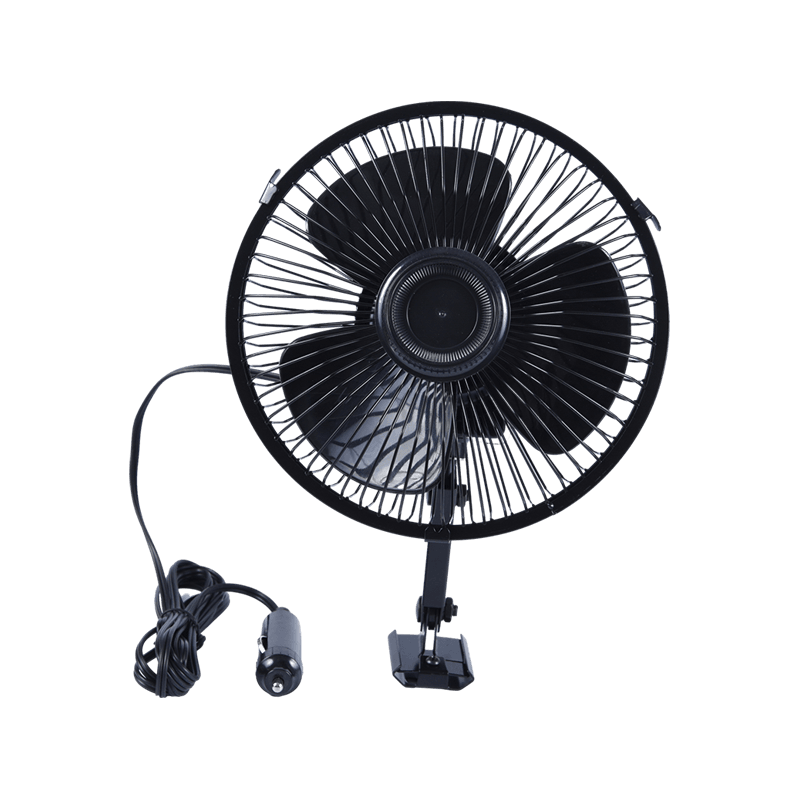When it comes to maintaining a vehicle, having a reliable air compressor is essential for tasks like inflating tires, powering air tools, or handling emergency situations. Among the options available, oil-free and lubricated vehicle air compressors are two common types.
Understanding Vehicle Air Compressors
A vehicle air compressor is a device that converts power into pressurized air, commonly used for inflating tires or operating pneumatic accessories in automotive contexts. It plays a critical role in routine vehicle upkeep and emergency preparedness.
Types of Vehicle Air Compressors
-
Oil-free vehicle air compressor: This type uses materials like Teflon coatings instead of oil for lubrication, making it generally maintenance-free in terms of oil changes.
-
Lubricated vehicle air compressor: This variant relies on oil to reduce friction and wear in moving parts, requiring periodic oil checks and changes for optimal performance.
Oil-Free Vehicle Air Compressor
This section details the characteristics of an oil-free vehicle air compressor, focusing on its design and typical applications.
Key Features
-
Operates without oil, reducing the need for regular lubrication maintenance.
-
Often lighter and more portable, suitable for occasional use by car owners.
-
Typically designed with sealed components to minimize contamination risks.
Advantages and Disadvantages
-
Advantages:
-
Lower initial maintenance effort, as there is no need for oil changes.
-
Reduced risk of oil leaks, which can be beneficial for clean environments.
-
Generally quieter operation in some models, though this can vary.
-
-
Disadvantages:
-
May have a shorter lifespan due to higher wear on components without oil lubrication.
-
Often less efficient under continuous or heavy use, leading to potential overheating.
-
Can be more expensive upfront compared to basic lubricated models.
-
Lubricated Vehicle Air Compressor
This section covers the lubricated vehicle air compressor, highlighting its structure and common uses in automotive settings.
Key Features
-
Uses oil to lubricate internal parts, such as pistons and cylinders, enhancing smooth operation.
-
Often built for durability, with robust materials that withstand frequent use.
-
Requires routine maintenance, including oil checks and replacements, to prevent damage.
Advantages and Disadvantages
-
Advantages:
-
Typically offers a longer service life due to reduced friction and heat buildup.
-
Better performance in high-demand scenarios, such as prolonged inflation tasks.
-
Often more cost-effective over time if maintained properly, with lower replacement rates.
-
-
Disadvantages:
-
Higher maintenance requirements, including regular oil changes and potential for spills.
-
Can be heavier and less portable, which might not suit all car owners.
-
Risk of oil contamination if not handled correctly, affecting air quality for certain applications.
-
Comparative Analysis for Long-Term Use by Average Car Owners
This section provides a point-by-point comparison to evaluate which type of vehicle air compressor is more suitable for long-term use, considering factors like frequency of use, cost, and maintenance.
Durability and Lifespan
-
Oil-free vehicle air compressor: Tends to have a shorter lifespan, often ranging from 500 to 1,000 hours of use, as the lack of oil can lead to faster wear on components.
-
Lubricated vehicle air compressor: Generally lasts longer, with many models exceeding 1,000 hours of operation, thanks to oil lubrication that reduces mechanical stress.
Maintenance Requirements
-
Oil-free vehicle air compressor: Requires minimal maintenance, primarily involving cleaning and occasional part inspections, making it convenient for owners who prefer low upkeep.
-
Lubricated vehicle air compressor: Demands regular maintenance, such as oil changes every 3-6 months and filter checks, which could be a drawback for those with limited time or expertise.
Cost Considerations Over Time
-
Oil-free vehicle air compressor: Often has a higher initial purchase price but lower ongoing costs due to reduced maintenance needs; however, potential earlier replacement might increase long-term expenses.
-
Lubricated vehicle air compressor: Typically has a lower upfront cost but higher lifetime costs from maintenance supplies and services; if well-maintained, it can be more economical by avoiding frequent replacements.
Performance in Various Conditions
-
Oil-free vehicle air compressor: Performs adequately for intermittent tasks like tire inflation but may struggle with continuous use, as it can overheat and lose efficiency.
-
Lubricated vehicle air compressor: Excels in consistent or heavy-duty applications, providing stable performance even under prolonged operation, which benefits owners who use it frequently.
The choice between an oil-free and lubricated vehicle air compressor for long-term use by average car owners depends on individual priorities, such as maintenance tolerance, usage frequency, and budget. An oil-free vehicle air compressor may suit those seeking low maintenance and portability, while a lubricated vehicle air compressor could be better for durability and performance in regular use. By weighing these factors objectively, car owners can make an informed decision that aligns with their long-term needs.


 English
English Português
Português عربى
عربى 中文简体
中文简体











